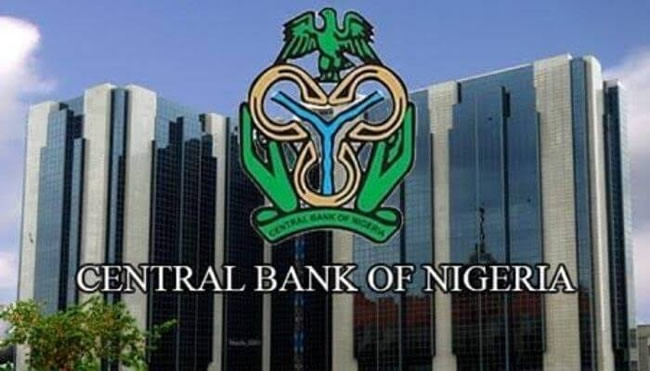CBN issues new guidelines for management of dormant accounts, unclaimed balances, others

CBN Building
Nike Popoola
The Central Bank of Nigeria (CBN) has issued updated guidelines on the management of dormant accounts, unclaimed balances, and other Financial assets in Nigeria.
This was disclosed in a circular numbered FPR/DIR/PUB/CIR/001/004, to All banks and Other Financial Institutions, signed by the Director, Financial Policy and Regulation Department, CBN, Michael C. Akuka, obtained by Dailyeconomy.
The new guidelines, effective immediately, aim to enhance transparency and compliance with the Nigeria Data Protection Act (NDPA), 2023, while ensuring that banks and financial institutions fulfill their obligations to the public.
Under the new guidelines, banks and other financial institutions are required to publish key information about dormant accounts and unclaimed funds.
Specifically, financial institutions must disclose account holder names, type of account, name of the bank and branch where the account is domiciled.
This information must be made available on the bank’s website, and, where applicable, on the relevant association’s website. For financial institutions that do not have websites, information should be published on the association’s website.
Furthermore, banks are also directed to publish the same details annually in at least two national daily newspapers or on the premises of State and Unit Microfinance Banks.
To address concerns related to the Nigeria Data Protection Act (NDPA), the CBN clarified that Section 25(b) of the Act allows for justified deviations from its general principles, and Section 72(ii) of the Banks and Other Financial Institutions Act mandates the CBN to issue guidelines governing the management of unclaimed funds in the financial sector.
This initiative seeks to strike a balance between transparency and protecting individual privacy while ensuring compliance with the law.




